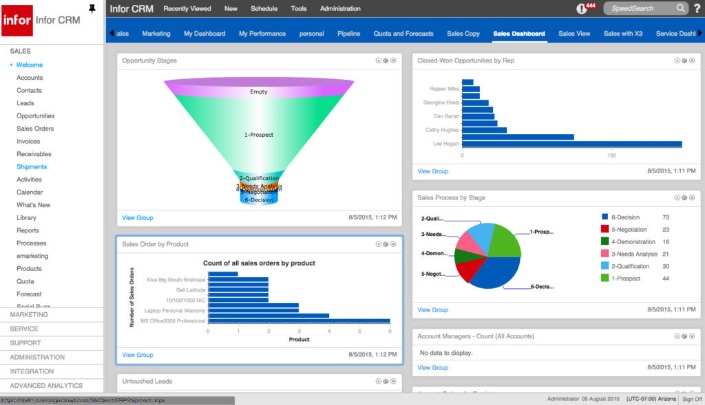Salesforce has established itself as a dominant player in the world of Customer Relationship Management (CRM) software. However, like any tool, it comes with its own set of benefits and drawbacks. This article delves into the salesforce pros and cons, providing a balanced view for those considering its implementation.
Pros and Cons of Salesforce
When evaluating Salesforce, it’s important to consider both its strengths and weaknesses. Understanding the pros and cons of Salesforce can help businesses make a well-informed decision.
Advantages of Salesforce
Let’s first explore the key advantages:
- Comprehensive Functionality: Salesforce offers a wide array of tools and features, making it a robust solution for managing customer relationships, sales, marketing, and service operations.
- Scalability: Its cloud-based nature allows businesses to easily scale their use of Salesforce as their operations grow, without cumbersome migrations.
- Customization: Extensive customization options enable businesses to tailor the platform to fit their unique needs, workflows, and processes.
- Integration Capability: Salesforce boasts strong integration with numerous third-party applications, facilitating a seamless flow of information across different systems.
- Community and Support: A vibrant user community and substantial support resources ensure that users can find assistance and best practice advice readily.
Disadvantages of Salesforce
However, there are certain disadvantages of Salesforce that should be considered:
- Cost: While offering significant value, Salesforce can be expensive. Licensing fees, along with potential costs for customization and integration, may add up.
- Complexity: The platform’s vast capabilities can also lead to complexity, requiring a steep learning curve and considerable time for full mastery.
- Customization Challenges: Although highly customizable, achieving the desired configuration can sometimes be complex and may require specialized knowledge or third-party assistance.
- Performance: In some cases, users have reported performance lags, particularly with large data sets or highly customized environments.
- Dependency on Internet: Being a cloud-based tool, Salesforce requires a reliable internet connection for optimal performance, which can be a limitation in areas with poor connectivity.
Weighing the Advantages and Disadvantages of Salesforce
Determining the suitability of Salesforce for a particular business hinges on a careful evaluation of its strengths and weaknesses. While the advantages and disadvantages of Salesforce are evident, the final decision should align with the organization’s specific requirements, budget, and strategic goals.
By thoroughly understanding the salesforce advantages and disadvantages, businesses can strategically leverage the platform to enhance their customer relationship management, streamline operations, and ultimately drive growth.
Read more about pros and cons of salesforce here.

